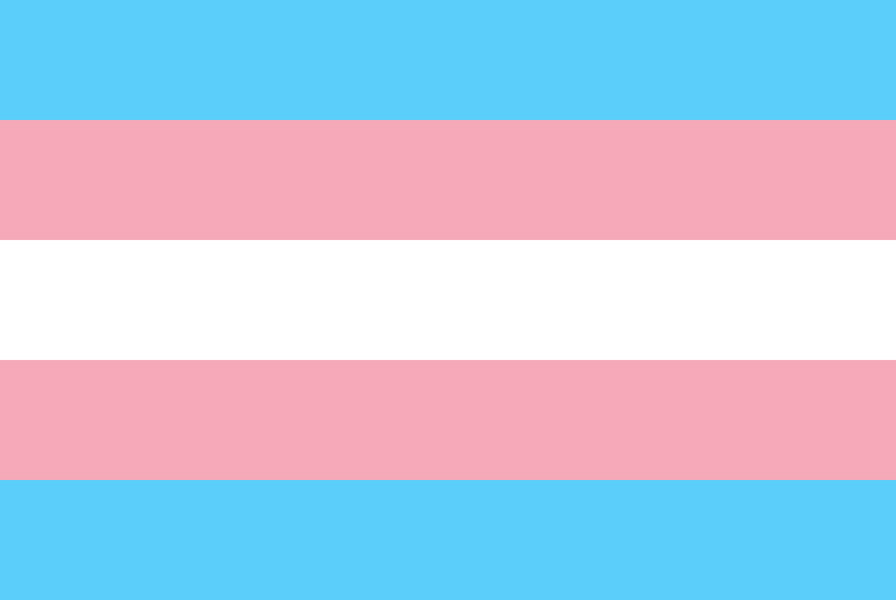Cabela’s Inc. says Kate Blatt hasn’t proven her gender dysphoria has a physical cause, so she shouldn’t be permitted to pursue a federal disability-discrimination claim against the company.
In a Nov. 30 filing, Cabela’s reiterated that the Americans with Disabilities Act only covers gender-identity disorders with a physical cause.
Cabela’s contended Blatt’s gender dysphoria may have a mental cause, thus it wouldn’t be covered by the ADA. Cabela’s also refuted the U.S. Department of Justice’s position that medical literature indicates gender dysphoria has a physical cause.
“The DOJ’s argument that Ms. Blatt’s gender dysphoria may have a physical basis is rooted in guesswork and surmise,” Cabela’s filing states. “Indeed, Ms. Blatt does not allege, and cannot establish, that her gender dysphoria stems from a physical etiology as required by the ADA.”
Cabela’s brief contends that it would be wrong to accept “rank speculation” and “still-unproven and contested hypotheses within the scientific community” that gender dysphoria has a physical cause.
“No party to this litigation, including the DOJ, Ms. Blatt and [LGBT advocacy groups] can state conclusively that gender dysphoria has a uniformly physical etiology or that this phantom etiology is in and of itself an impairment, as required by the ADA,” Cabela’s filing adds.
Six advocacy groups support Blatt’s right to pursue a disability-discrimination claim against Cabela’s. The groups are Gay and Lesbian Advocates & Defenders, Mazzoni Center, National Center for Lesbian Rights, National Center for Transgender Equality, National LGBTQ Task Force and Transgender Law Center.
The groups note that the ADA doesn’t specifically exclude gender dysphoria. Instead, the 1990 law excludes gender-identity disorder.
In a recent filing, the groups stressed the alleged unfairness of requiring Blatt, or any trans litigant, to prove a physical basis for their gender dysphoria in order to pursue a disability-discrimination claim.
“[Although] numerous recent medical studies support the physical etiology of gender dysphoria, the burden of proving etiology would fall on individual plaintiffs, consuming a substantial amount of attorney resources for discovery and the preparation of expert reports and requiring courts to delve into a thicket of medical evidence and opine on etiology, with the attendant risk of different courts reaching differing results in similar cases,” the groups’ filing states.
U.S. District Judge Joseph F. Leeson Jr. was scheduled to hear oral arguments on the dispute 2 p.m. Dec. 10 at the Edward N. Cahn Federal Courthouse in Allentown.
Blatt, of Pottsville, filed a federal lawsuit against Cabela’s in 2014.
She claims Cabela’s discriminated against her on the basis of her disability — gender dysphoria — by denying her access to a female restroom and a female name tag.
Blatt wants the ADA’s GID exclusion declared unconstitutional, regardless of whether gender dysphoria has a physical or mental cause. She claims the GID exclusion is based on anti-trans animus, and violates her constitutional right to equal protection under the law.
Blatt worked as a seasonal stocker at Cabela’s outlet in Hamburg between September 2006 and March 2007. The retail chain specializes in outdoor sports items.
In addition to her disability-discrimination claim, Blatt is also pursuing sex-discrimination and retaliation claims against Cabela’s.
Cabela’s denies any wrongdoing in the matter. The company claims Blatt was properly dismissed after threatening a coworker’s child — an allegation Blatt vehemently denies.
The ADA protects people with disabilities from discrimination in private employment, public accommodations and governmental services.

